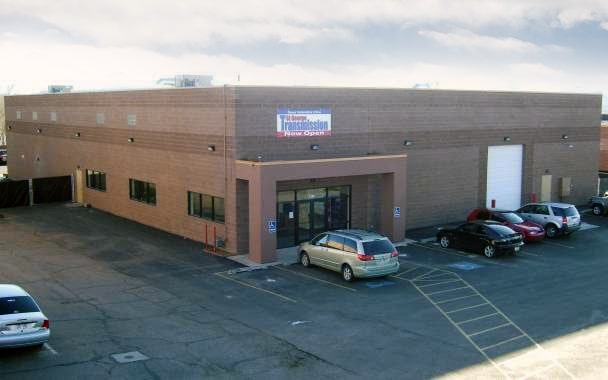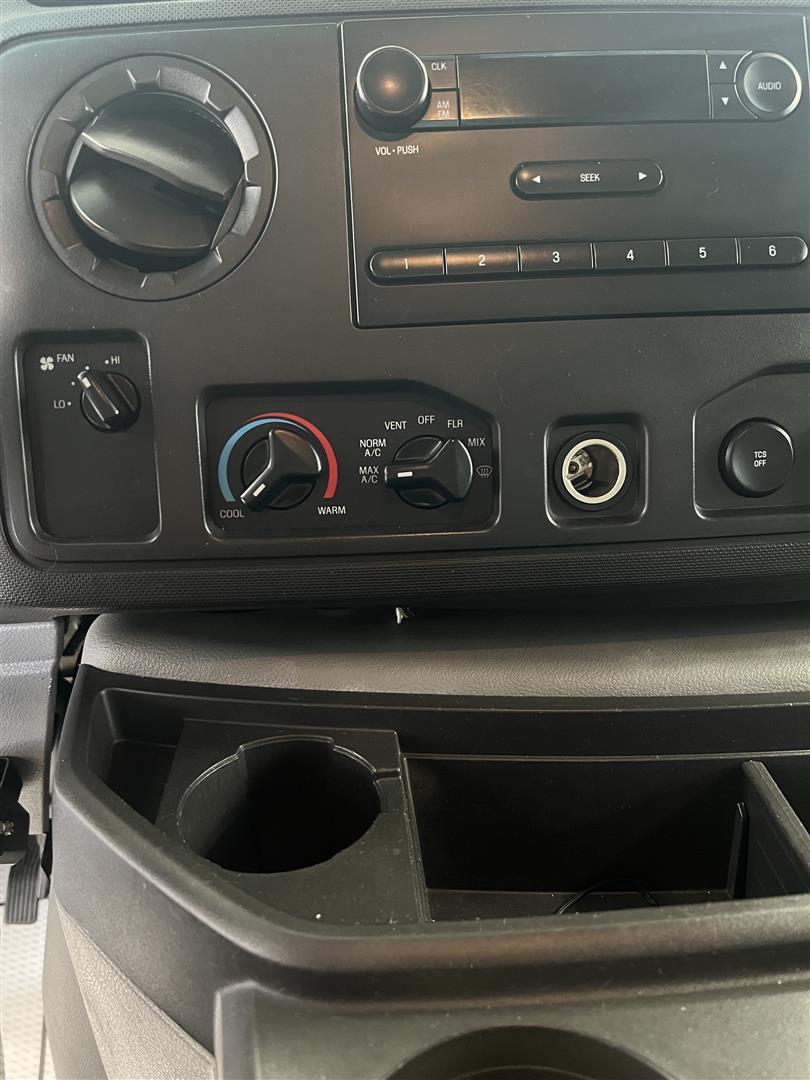Posted on 6/3/2024

Have you ever walked out to your car on a hot day, only to find a small puddle of water under your car? If you're not sure where it came from, don't worry—you might not have a problem at all. In fact, that little puddle could just be a sign that your car's air conditioning system is doing its job! What Causes Water to Pool Under Your Car? When you run your car's air conditioning (A/C), it cools the air inside your vehicle by removing moisture. As the warm, humid air from outside is drawn into the A/C system, it passes over the evaporator coils. These coils are cold, thanks to the refrigerant, and as the warm air hits them, the moisture in the air condenses into water droplets—just like how a cold drink on a hot day will develop beads of condensation on the outside of the glass. This condensed water needs to go somewhere, and that's where the drain tube comes in. The water collects in a drip pan and is then funne ... read more
Posted on 5/22/2024

If you've ever been driving along and noticed that your check engine light is flashing, you know how concerning it can be. Unlike a steady check engine light, which can indicate a range of issues, a flashing check engine light is usually a sign of a more serious problem that requires immediate attention. Here's what you need to know about why the check engine light might start flashing: Misfiring Engine: One of the most common reasons for a flashing check engine light is a misfiring engine. When the engine misfires, it means that one or more cylinders are not firing properly, which can cause damage to the engine and result in poor performance and decreased fuel efficiency. Catalytic Converter Damage: Another potential cause of a flashing check engine light is damage to the catalytic converter. The catalytic converter is responsible for reducing emissions from the exhaust, and if it becomes damaged, it can cause serious engine problems. Ignition Coil Failure: A failing ... read more
Posted on 5/20/2024

As temperatures rise and summer approaches, there's one thing on every driver's mind: staying cool on the road. And when it comes to keeping your cool, your car's air conditioning (AC) system plays a pivotal role. But how exactly does this modern marvel work its magic? Buckle up as we take a journey into the inner workings of your vehicle's AC system. At the heart of your car's AC system lies a complex network of components working together seamlessly to deliver cool, refreshing air to the cabin. It all begins with the compressor – the powerhouse of the AC system. This mighty device is responsible for pressurizing and circulating the refrigerant, a specialized fluid that absorbs and releases heat as it cycles through the system. Next up is the condenser, often located at the front of your car near the radiator. As we explored in our previous blog post, the condenser's primary function is to dissipate the heat absorbed by the refrigerant, allowing it to r ... read more
Posted on 5/15/2024

The Dodge 48RE transmission is a four-speed automatic transmission that was used in heavy-duty trucks from 2003 to 2007. While the 48RE is generally a reliable transmission, there are some common issues that owners should be aware of. Here are some of the most common issues that can occur with the 48RE. One of the most common issues with the 48RE transmission is a failure of the overdrive unit. This can cause slipping, overheating, and difficulty shifting. Overdrive failure is often caused by worn clutches or a faulty overdrive solenoid. The solenoid controls the flow of fluid to the overdrive unit, and if it fails, it can cause a variety of issues. Another common issue with the 48RE is a failure of the governor pressure solenoid and sensor. The governor pressure solenoid controls the hydraulic pressure in the transmission, and the sensor measures the pressure. If either of these components fails, it can cause hard shifting, slipping, and other issues. The 48RE is ... read more
Posted on 5/13/2024

P0700 is a diagnostic trouble code (DTC) that is related to the transmission control system in vehicles with automatic transmissions. This code is set when the vehicle's onboard diagnostic system detects a problem with the transmission control system, which could indicate a wide range of issues. Here's what you need to know about P0700 codes and why further testing is necessary. The P0700 code is a general code that indicates that there is a problem with the transmission control system. It does not provide any specific information about the problem, only that there is an issue that needs to be addressed. Some common issues that can trigger a P0700 code include faulty sensors, wiring problems, or problems with the transmission control module. While the P0700 code does not provide specific information about the problem, it does indicate that there is an issue that needs to be addressed. To determine the specific problem, further testing is necessary. This typically ... read more